1. Usage: PVC pipe is plumbing made from polyvinyl chloride (PVC) thermoplastic material. PVC piping is often used in drainage, water supply, irrigation, chemical handling, waste management, vent tubing and duct work. PVC pipe is manufactured in various sizes that range from 1/2 inch up to 10 inches in diameter. Some of the most common sizes are 1/2 inch, 1.1/2 inch, 3 inch, 4 inch, 6 inch, 8 inch and 10 inch PVC pipe.
2. Not suitable for the use of more than 60 degrees celcius water. TOYO PVC Pipes and Fittings earn TIS 17-2532 standard. Blue color. Suitable for drinking water pipe, pressured pvc pipe, drainage system pipe, etc.
3. Image
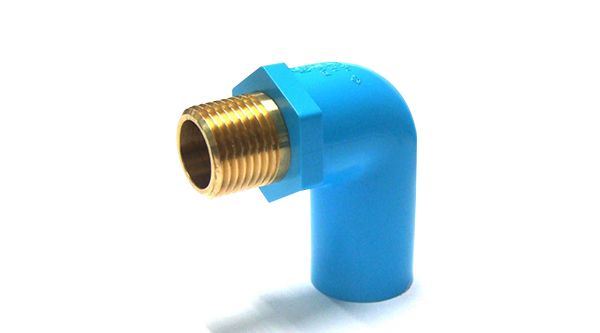
4. Detail of Drawing
5. Technical Parameter

.png)
.png)
.png)
6. TOYO INDUSTRY LAO FACTORY SOLE., LTD
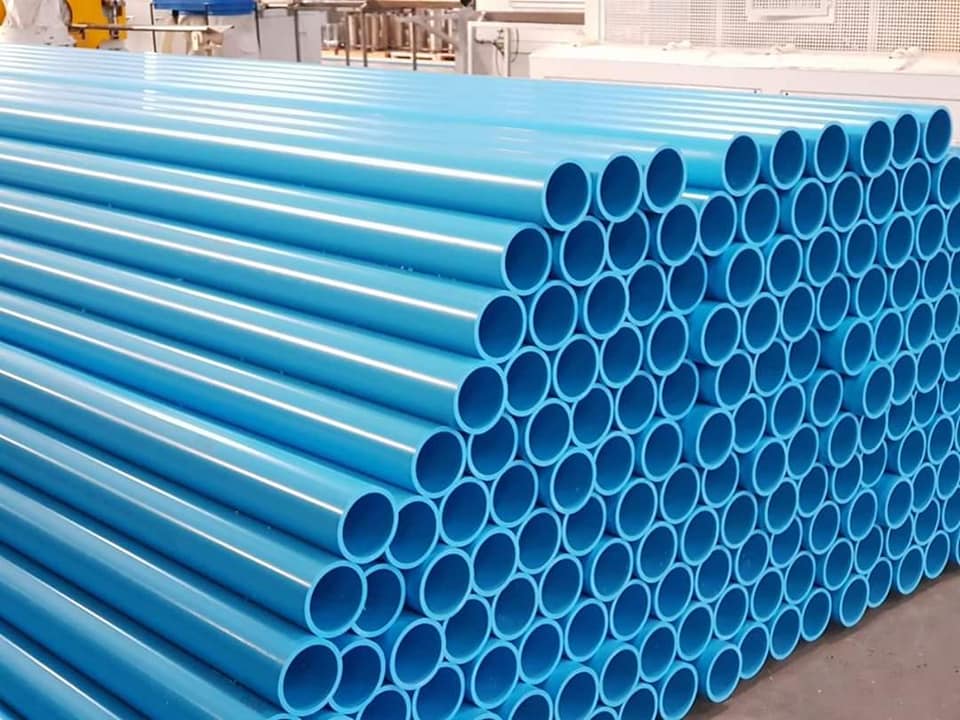
.jpg)
.jpg)
.jpg)
https://drive.google.com/file/d/1_Qqg9Li8wGaMTlvD-FxRA-3jvDFOJgmS/view?usp=drive_link
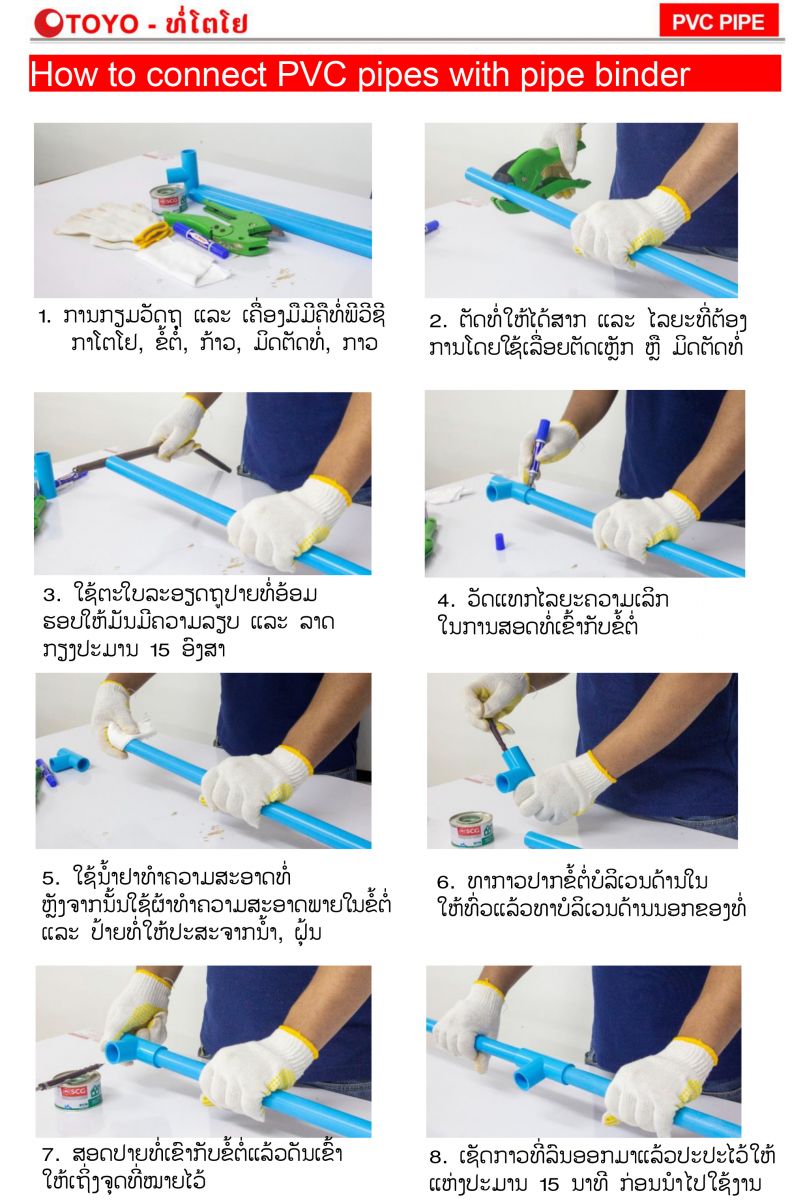
1. Preparation of materials and tools includes: TOYO PVC pipes, fittings, glue, pipe cutter, and adhesive.
2. Cut the pipe straight and to the desired length using a saw or pipe cutter.
3. Use sandpaper to smooth the edge of the pipe around the end and bevel it at approximately 15 degrees
4. Measure and mark the insertion depth for connecting the pipe to the fitting
5. Use cleaning solution to clean the pipe, then wipe the inside of the fitting and the pipe end with a cloth to remove any water and dust
6. Apply glue thoroughly to the inner surface of the fitting, then apply it to the outer surface of the pipe end
7. Insert the pipe end into the fitting and push it in until it reaches the marked point.
8. Wipe off any excess glue and let it dry for about 15 minutes before use.
General Introduction to TOYO PVC Pipes
TOYO PVC pipes are rigid plastic pipes produced by TOYO PIPE, a well-known manufacturer in Southeast Asia, especially popular in Laos and Vietnam.
-
Material: PVC (Polyvinyl Chloride), non-toxic and safe for clean water.
-
Advantages:
-
Lightweight and easy to transport and install.
-
Non-corrosive and chemically resistant.
-
Affordable cost.
-
Long-lasting (average lifespan over 20 years if used properly).
-
Types of TOYO PVC Pipes & Applications
| Pipe Type | Common Use |
|---|---|
| Grey PVC Pipe | Domestic water supply, drainage systems |
| Blue PVC Pipe | High-pressure clean water systems |
| Electrical Conduit PVC Pipe | Used for electrical wiring inside walls or floors |
Step-by-Step Installation Guide
Step 1: Prepare Tools & Materials
-
TOYO PVC pipes and fittings (e.g., T-joints, elbows, couplers…)
-
Pipe cutter or handsaw
-
Sandpaper
-
PVC adhesive/glue (preferably TOYO glue)
-
Clean cloth, measuring tape, marker pen
Step 2: Measure and Cut Pipes
-
Measure the desired pipe length and mark it clearly.
-
Use a PVC pipe cutter or saw to cut the pipe — ensure a clean, straight cut.
-
Sand the pipe ends lightly to remove burrs and allow better glue adhesion.
Step 3: Clean and Inspect
-
Wipe dust, oil, or moisture from the pipe end and inside the fitting using a clean cloth.
-
Make sure surfaces are dry and clean before applying glue.
Step 4: Apply Glue and Connect
-
Apply a thin, even layer of PVC glue on both the outside of the pipe end and the inside of the fitting.
-
Within 10 seconds, insert the pipe into the fitting, twisting slightly to spread the glue evenly.
-
Hold firmly for 15–20 seconds to let the glue set.
Step 5: Let It Dry and Test
-
Wait at least 15–30 minutes before testing the connection.
-
For pressurized systems, allow the glue to cure for 24 hours before full operation.
-
Run a water pressure test and inspect all joints for leaks.
4. Usage Notes and Warnings
| Tip | Description |
|---|---|
| Do NOT use with hot water | PVC can only handle temperatures under 60°C (140°F). Use PPR or HDPE for hot water. |
| Avoid direct sunlight exposure | UV light can weaken the material; use protection if installed outdoors. |
| Do NOT bend the pipe | PVC is rigid and can crack if forced; use elbows instead. |
| Check thoroughly before burying | Always pressure-test pipes before underground installation to prevent future leakage. |
Tips for Efficient and Cost-Effective Use
-
Reuse leftover pipe segments as connectors or wire conduits.
-
Label pipe systems (e.g., "Kitchen Supply Line") for future maintenance.
-
For multi-story buildings, use high-pressure pipes (PN ≥10) to ensure performance.
1. Usage: PVC pipe is plumbing made from polyvinyl chloride (PVC) thermoplastic material. PVC piping is often used in drainage, water supply, irrigation, chemical handling, waste management, vent tubing and duct work. PVC pipe is manufactured in various sizes that range from 1/2 inch up to 10 inches in diameter. Some of the most common sizes are 1/2 inch, 1.1/2 inch, 3 inch, 4 inch, 6 inch, 8 inch and 10 inch PVC pipe.
2. Not suitable for the use of more than 60 degrees celcius water. TOYO PVC Pipes and Fittings earn TIS 17-2532 standard. Blue color. Suitable for drinking water pipe, pressured pvc pipe, drainage system pipe, etc.
3. Image

4. Detail of Drawing
5. Technical Parameter

6. TOYO INDUSTRY LAO FACTORY SOLE., LTD

.jpg)
.jpg)
.jpg)
https://drive.google.com/file/d/1_Qqg9Li8wGaMTlvD-FxRA-3jvDFOJgmS/view?usp=drive_link

1. Preparation of materials and tools includes: TOYO PVC pipes, fittings, glue, pipe cutter, and adhesive.
2. Cut the pipe straight and to the desired length using a saw or pipe cutter.
3. Use sandpaper to smooth the edge of the pipe around the end and bevel it at approximately 15 degrees
4. Measure and mark the insertion depth for connecting the pipe to the fitting
5. Use cleaning solution to clean the pipe, then wipe the inside of the fitting and the pipe end with a cloth to remove any water and dust
6. Apply glue thoroughly to the inner surface of the fitting, then apply it to the outer surface of the pipe end
7. Insert the pipe end into the fitting and push it in until it reaches the marked point.
8. Wipe off any excess glue and let it dry for about 15 minutes before use.
https://drive.google.com/file/d/1_Qqg9Li8wGaMTlvD-FxRA-3jvDFOJgmS/view?usp=drive_link

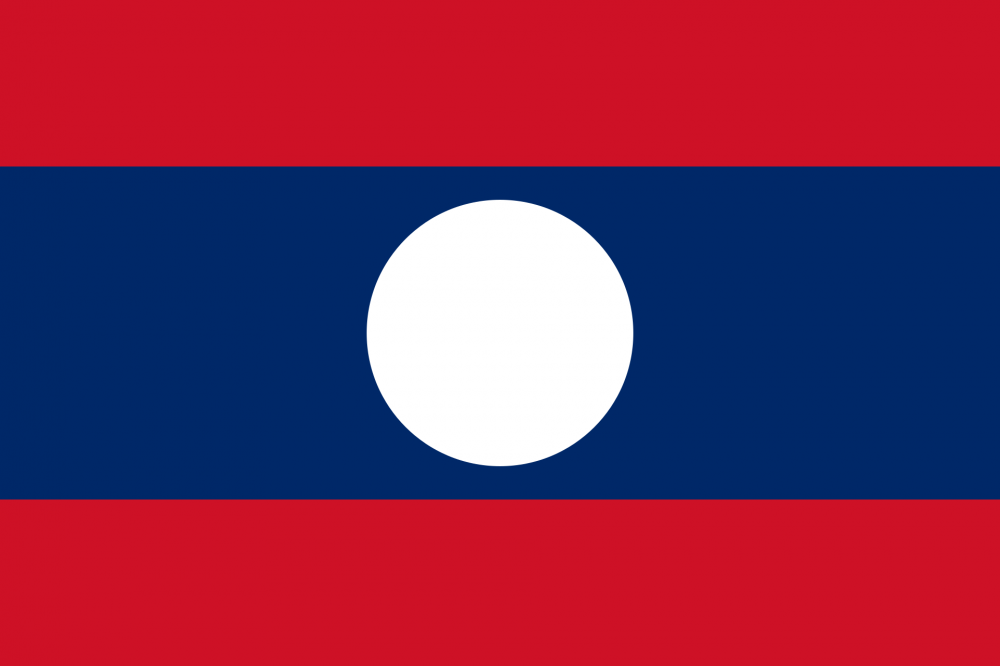
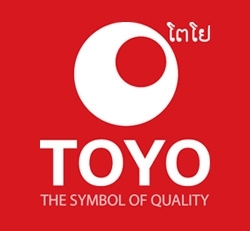
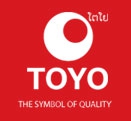
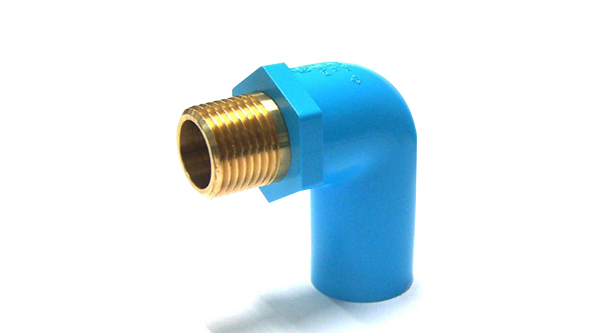

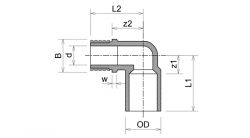
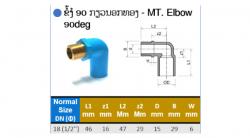
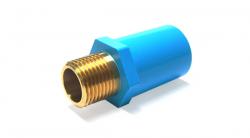
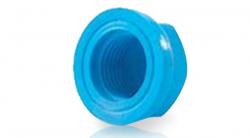
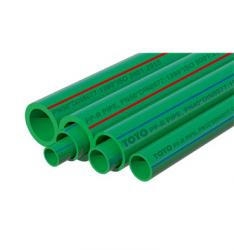
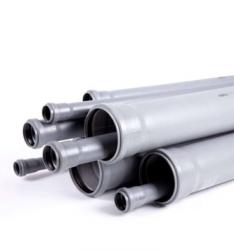
.PNG)



